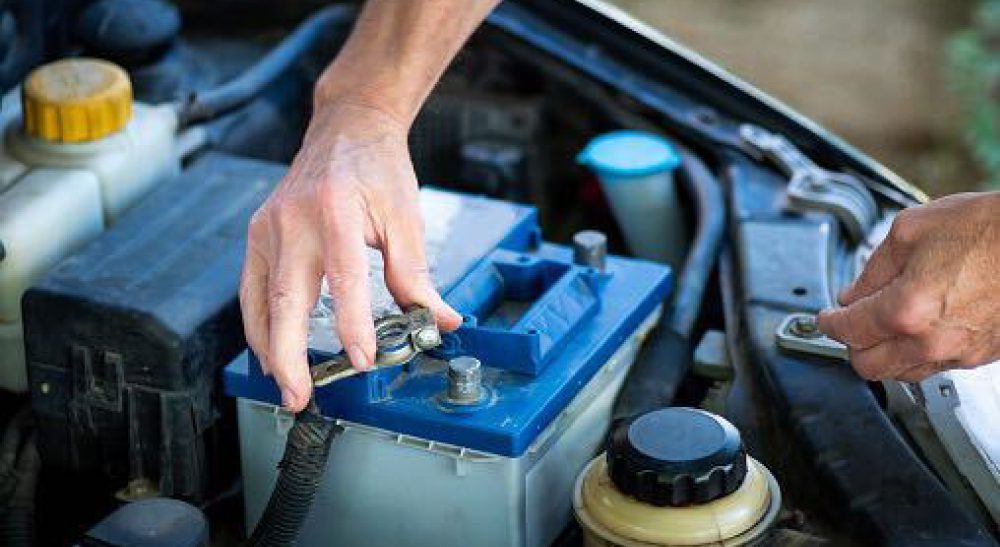
Chemical reactions on batteries may cause a weird smell which is a clear indication that there is something wrong with the battery. If the battery freezes, overcharges, or is internally short-circuited, gas can leak from the housing, venting a foul smell similar to a rotten egg.
In case you notice this kind of smell under your vehicle’s hood, it is advisable that you have it inspected immediately for a possible battery replacement. Ignoring this one can cause a further problem on the whole motor system of the vehicle, as sulfuric acid can corrode other engine parts and cause corrosion, and you definitely want to avoid it.
Have your battery checked through HEART Certified Auto Care that provides you a driving experience great without having to worry about running out of battery.
Schedule a check up now at https://heartautocare.com/schedule-service/





